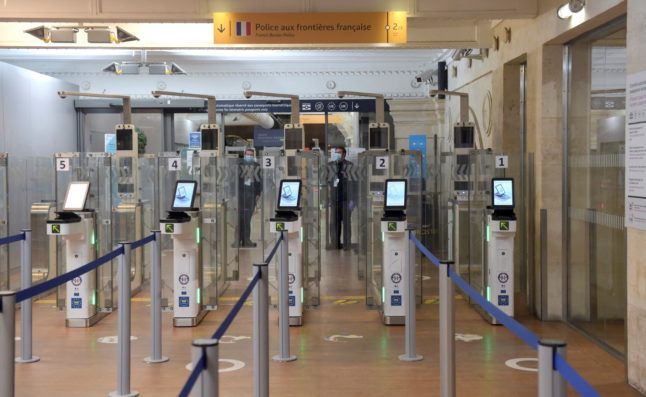Millions of French households heat (or at least partially heat) their homes with wood or wood pellets, and over the past year the price of pellets has increased dramatically.
But while collecting logs yourself sounds like an appealing money-saving option, it can be legally complicated … and could put you at risk of a fine.
What are the rules on collecting my own firewood in France?
Speaking of the changing seasons… France officially began its seasonal flu vaccination campaign on October 17th. Every year there are sight variations to the practicalities of the campaign, so there’s how things will work in 2023.
How and where can I get a flu vaccine in France?
France intends to increase the budget for its MaPrimeRenov’ scheme – which was first launched in 2020 and offers grants for home-owners to renovate their properties – by €1.6 billion, adding up to a total budget of €5 billion in 2024.
The French government announced last week that changes to the scheme starting in January. These new measures will include rules for who can benefit from grants and increases on aid amounts for low income households.
MaPrimeRenov: How France’s property renovation grants will change in 2024
We’ve all had days when we consider telling our boss exactly what we think about them and just walking out – but on top of worrying about how to pay the bills, foreigners in France have another thing to think about; whether quitting will affect your visa or residency card.
And the answer to this question depends on your current residency status – ie the type of visa or residency card you currently have.
Will quitting my job affect my residency in France?
It turns out that, as well as shorter working hours and longer holidays, the French also sleep more than Britons and Americans. We’re not about to dig into the science, here – but we will use it as an excuse for a little language lesson….
10 French expressions for talking about sleep
Let’s end with something of a long-standing discussion. Paris and romance: they go together like café and croissants or jambon and beurre. But why exactly is Paris the “city of love” and does it really deserve the title?



 Please whitelist us to continue reading.
Please whitelist us to continue reading.
Member comments